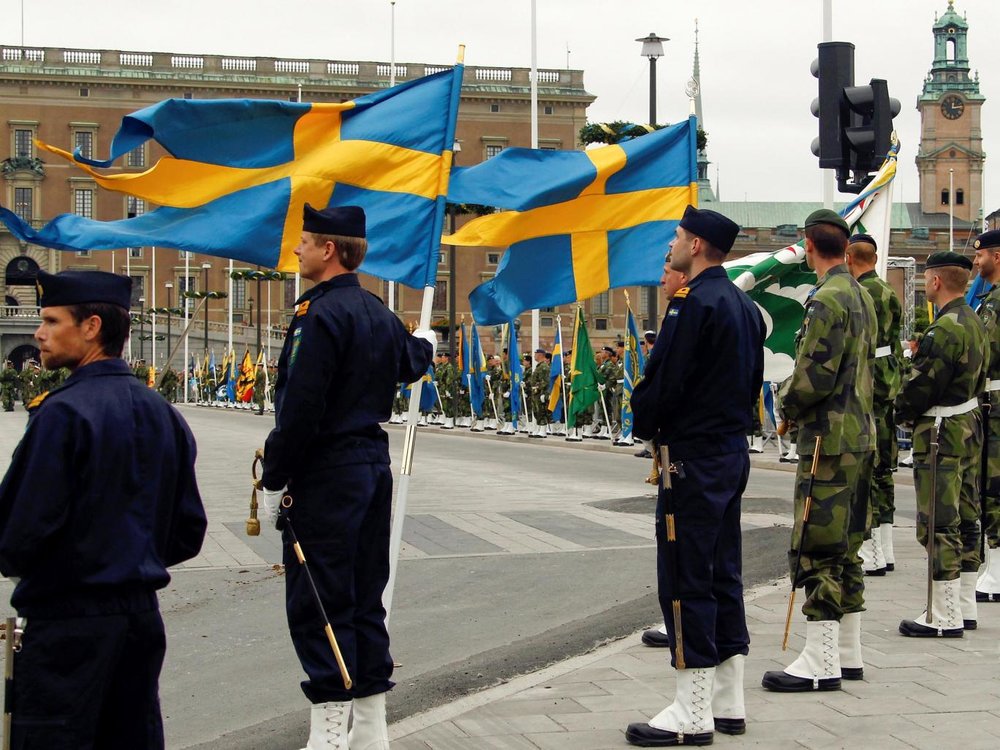Sweden has introduced military conscription

At the moment, too many working-class boys are underperforming, lacking in motivation, technical and social skills. In short, many are unemployable. It may be time for a radical solution
All over Europe, compulsory military service has gradually been phased out, but – given recent terrorist attacks – could it be time for a rethink?
Sweden has followed Norway, announcing plans to introduce military conscription for both sexes: 13,000 recruits will be called up each year, from which 4,000 will be selected for service. Currently, most EU countries rely on volunteers, and there are few penalties for refusing to serve when asked.
Public opinion started to change following the Russian annexation of Crimea and the Charlie Hebdo attack in Paris in 2015. In Switzerland, a referendum in 2013 revealed that 73 percent favored conscription; there, young people have a choice between joining the military or the civil protection force.
In some EU countries, youth unemployment is so high that compulsory service has been proposed as a solution.
In France, polls show 80 percent of the public would like compulsory military service to return (it ended in 2002), whereas in Germany only 36 percent are in favor. The arrival of millions of refugees and an increasing number of attacks on civilians by terrorist groups have placed new strains on security services, particularly in France and Germany.
Perhaps the UK might consider a different form of youth service – not military – which relies on volunteers, properly funded and lasting one or two years. It could be residential, but that’s not essential.
At the moment, too many working-class boys are underperforming, lacking in motivation, technical and social skills. In short, many are unemployable. It’s all very well to create apprenticeships, but there aren’t enough and some of the jobs sound pretty grim. These young men need to learn confidence and the realities of life before we start urging them to become plumbers and electricians. In the meantime, they collect benefits and just fester.
A youth force might tackle jobs that councils are finding tough to finance, like litter clearance, helping with basic tasks in the production and delivery of meals on wheels, cleaning in old people’s homes, and maintaining parks and open spaces. This work needn’t be demeaning. A carefully targeted youth force paid the living wage could inspire leadership, provide education and create the leaders of tomorrow. Otherwise, where will the next generation of politicians come from?
(Source: Independent)
